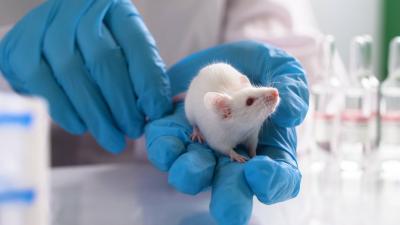Persistent Pesticide Exposure Associated with Increased Risk for Lou Gehrig's Disease

Amyotrophic lateral sclerosis (ALS), or Lou Gehrig’s disease, is a progressive, fatal neurodegenerative disease affecting motor neurons and disabling voluntary control of muscles. Although 5-10 percent of cases result from genetic mutations, 90-95 percent of cases have unknown etiology. The interaction of environmental and occupational exposures with genetics has previously been suspected to be a potential cause. By comparing the environmental toxin exposure of 101 ALS patients to 110 comparable healthy control individuals, researchers from the University of Michigan demonstrated that people with persistent exposure to environmental pollutants such as organochlorine pesticides, polychlorinated biphenyls, and brominated flame retardants are at 2-3 times greater odds of having ALS than those who are not exposed. The level of their exposure was assessed by a written survey as well as by detection in their blood with a mass spectrometer, which measured 122 persistent environmental pollutants. As animals can accumulate and concentrate these toxins in their bodies with contaminated food and water intake, meat and dairy products can serve as major sources of these toxins. Thus, eliminating animal product intake from one’s diet reduces one significant modifiable risk factor in preventing the onset of ALS.
References
- Su FC, Goutman SA, Chernyak S, et al. The Role of Environmental Toxins in Amyotrophic Lateral Sclerosis Risk. JAMA Neurol. 2016. DOI: 10.1001/jamaneurol.2016.0594.







